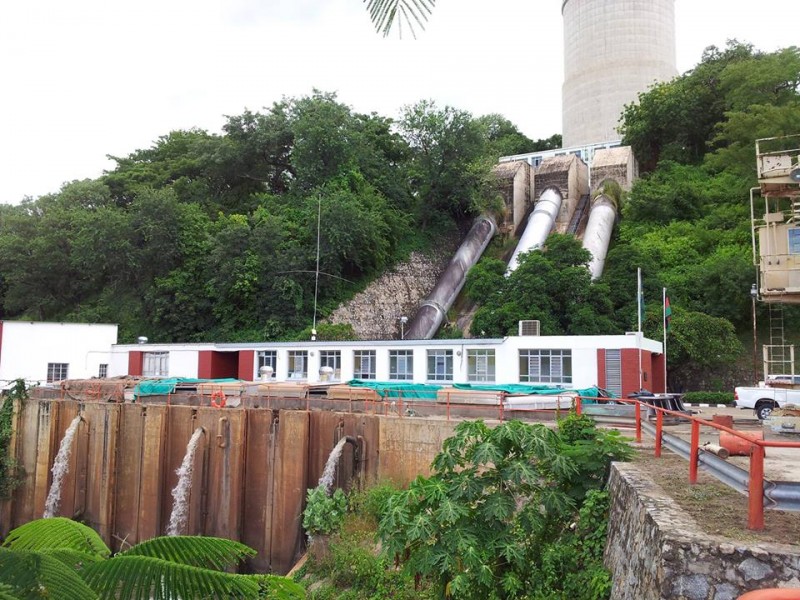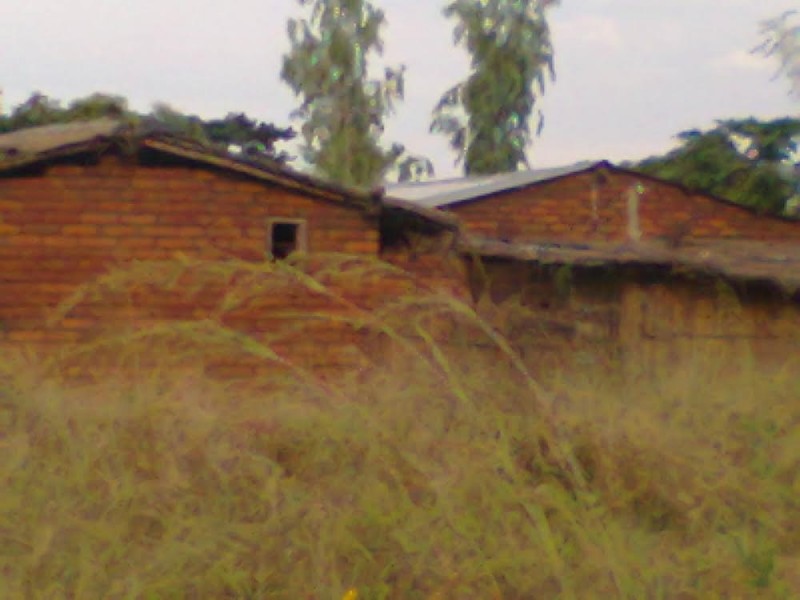

By Henry K. Mhango | The AfricaPaper
Lilongwe – Malawians are hopeful that the US $350.7 million Millennium Challenge Corporation (MCC) compact will reduce energy challenges and achieve high economic growth for one of Africa’s underdeveloped countries.
Paraffin Burners
About 80 percent of the country’s population live in rural areas, with the majority using paraffin burners locally known as Kaliboyi or Nyale for lighting their houses due to the country’s low power capacity and high poverty levels.
The country’s installed power supply is now pegged at 351 megawatts (MW), against the 360 MW demand, and estimates indicate that the country will require not less than 1,000 MW of power by 2018.
However, the US funded project being implemented by the Millennium Challenge Account Malawi (MCA) is expected to increase the power capacity to nearly 1,000 MW hence most people hope the project will improve their living standards upon completion.
“The compact will improve the availability and quality of the power supply by increasing the throughput capacity and stability of the national electricity grid, and increasing efficiency of the hydro power generation.” says Chief Executive Officer for MCA Malawi Susan Banda
She told the private sector and other stakeholders at the compact briefing meeting that the project is estimated to contribute about US$ 832 Million (which is almost the annual national budget for Malawi) in the next 20 years, through various economic activities.
“The estimated economic rate of return is ranging from 18.7 to 24.6 Percent during the compact implementation period with the inter-connector as the potential investment to come during the period.”

Great Opportunity
The Project started in September 2013 and is expected to phase out in 2018. Meanwhile, one of Africa’s leading electrical construction and transmission, CONCO Ltd has described the project as a great opportunity for Malawi since it will enable the country to export the surplus power to neighboring countries like Zimbabwe, Zambia and Tanzania.
“This is a big investment for Malawi, and may probably be a major foreign exchange earner for the country since most of its neighboring countries have low power capacity, and will be scrambling for the Malawi’s surplus power,” Site Manager for the company Leon Rensburg told The AfricaPaper.
The project is currently in the construction phase. Major activities include rehabilitation, upgrading and modernizing the Electricity Supply Corporation of Malawi’s generation, transmission and distribution assets in most urgent need of repair, to improve the capability of the transmission system, and increase the efficiency and sustainability to preserve existing generation.
For instance, power experts are now refurbishing the Nkula and Kapichila power plants which generate about 98 percent of Malawi power, to reduce outages caused by the condition of the assets, and maximizing power output.
Recruiting and Deadlines
With three years remaining, the institution is doing everything possible to catch up with the deadline, and is now recruiting contractors to carry out construction works of upgrading the backbone of power transmission network, to improve the quality and reliability of supply throughout the country.
The activity will include construction of 400 Kilovolts power line from Phombweya in the capital Lilongwe, which covers central and southern regions, and another 132 KV line parallel to the existing 65KV and 33 KV lines in the northern region.
This work is supposed to complete within eighteen months, but the CONCO Ltd. Site Manager, who is also competing for the contract bids, says the period is not enough, considering that construction materials will be transported through land since Malawi is landlocked.
“Cargo clearing usually takes long time at the border and this will likely delay completion of the project, unless government moves in to speed up the clearing process especially for the project’s construction materials,” lamented Leon Van Rensburg.
In addition, Leon Van Rensburg observed that there are a lot of activities to be involved during the construction power transmission substations such as leveling the sub-stations’ catchment areas, which may not be completed within the deadline.
Doubling Production
Soon after completion of this activity, about one million people will be connected to electricity, and the magnitude of the private sector’s benefits. It is estimated that companies are now making $577 as profits from their production per day, but the project’s power capacity increase will boost the company’s production and increase their daily profits to $841.
Reacting to the development, Chief Executive Officer for Mzuzu Coffee Manufacturing Company, Harrison Kaluwa says, the increase of the power capacity will help the private sector especially manufacturing industries to double their production.
“This will help us to be manufacturing our products right in areas where we get raw materials, thereby creating more job opportunities for the young people,” he said during the compact stakeholders meeting.
Former Minister of Natural Resources, Energy and Mining, Atupele Muluzi recently, said the project will contribute to the taking off of most of the country’s mining projects which the country is banking on to spur up its ailing economy.
Inadequate Energy
A document released by the Ministry also disclosed that the mining industry alone requires 752 Megawatts to operate while ESCOM only produces 350 for the whole nation.
“Several multi-billion Malawi Kwacha mining projects are failing to start in earnest due to inadequate energy as the county’s derisory capacity to generate electricity frustrates investments in the sector,” quotes the document.
The document cites the country’s Kayelekera Uranium Mine being managed by Paladin Africa Ltd, as a major project affected by the inadequate power capacity. It has resorted to using diesel engine generators to top up the required 12 megawatts for its operation.
“Another project is the Sand mineral and Processing Mine that needs 500 megawatts,” Adds the paper.
Less for Rural Malawians
However, despite the country’s expected economic prospects by the project, the rural masses feel there is little for them to benefit since government says electricity usage rates will go up after the completion of the project.
“It is already difficult for people in rural areas like here to access power because its charges are very high to get connected,” says a local community leader Group Village Headman, Chimbilima Gondwe in the remote, Bwengu area in Rumphi district.
He adds “The most unfortunate thing is that government will increase the tariffs after the project instead of cutting it to enable the poor equally access power, and stop destroying trees which are the major source of energy for about 80 percent of Malawians.” TAP
The AfricaPaper: Based in Malawi, Henry K. Mhango writes for The AfricaPaper. He has worked for various media organizations including the state Malawi News Agency, the Big Issue Malawi Magazine, Capital Radio Malawi, and International Network of Street News Service (UK). His work has also been published by The Guardian (UK). He covers politics, economy, human rights, environment and development for The AfricaPaper.







































